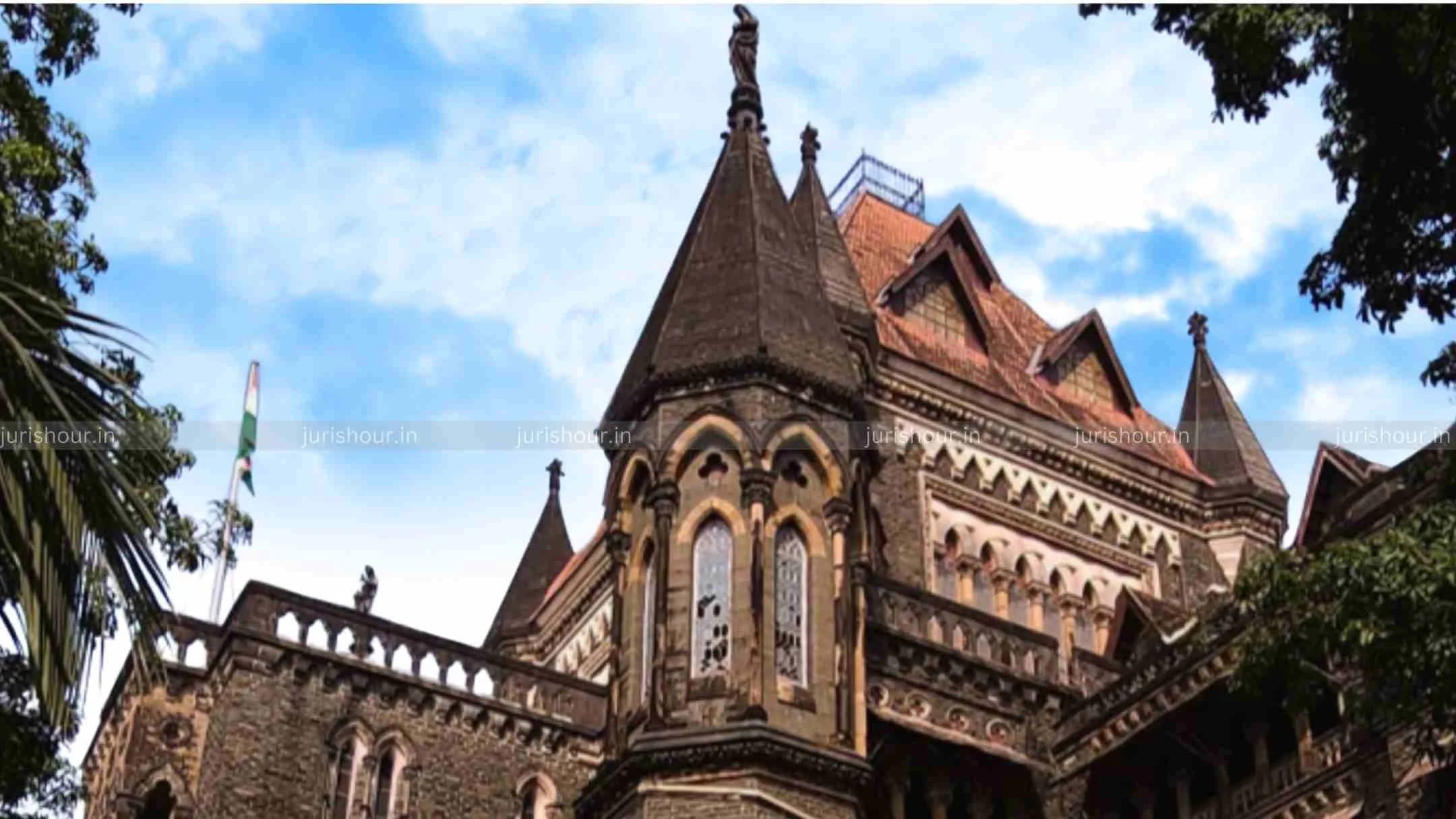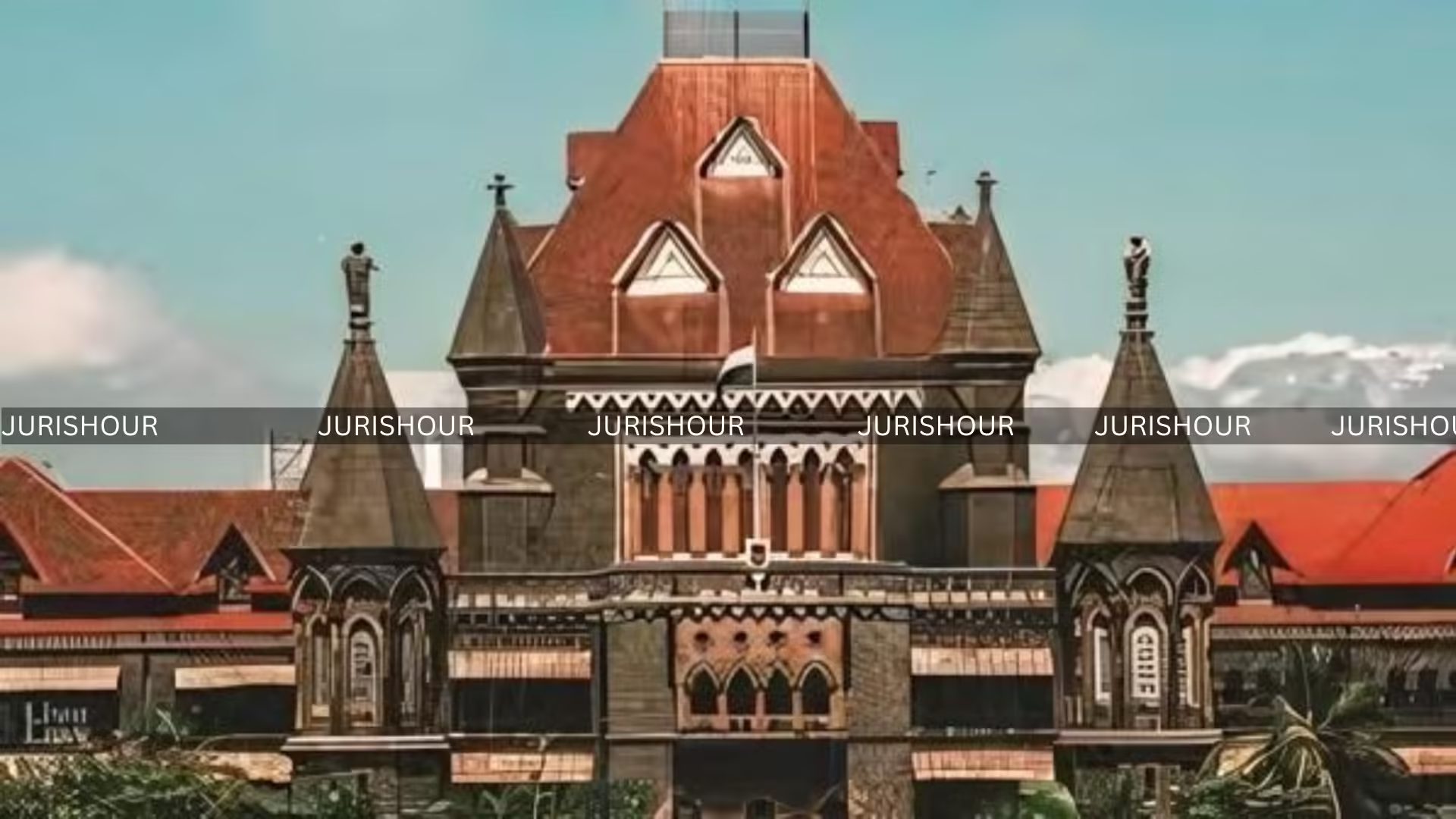The Supreme Court has held that the penalty at the rate of 10% under Section 271AAA of the Income Tax Act, 1961 is normally not leviable if the assessee admits and substantiates the manner in which the undisclosed income was derived and also pays the tax along with interest on income even with delay.
The bench of Justice J.B. Pardiwala and Justice Manmohan have observed that as Section 271AAA is a penalty provision, it has to be strictly construed. The fact that the assessee has surrendered some undisclosed income during the course of search or that the surrender is emerging out of the statements recorded during the course of search is not sufficient to fasten the levy of penalty. The onus is on the Assessing Officer to satisfy the condition precedent stipulated in the said Explanation, before the charge for levy of penalty is fastened on the assessee.
The bench stated that it is obligatory on the part of the Assessing Officer to demonstrate and prove that undisclosed income of the specified previous year was found during the course of search or as a result of the search.
A Memorandum of Understanding (MOU) was entered into between Hashim Moosa on the one hand and the Appellant as well as Mr. Surendra Reddy on the other, for procuring lands at a certain price from the land procurers, i.e. the Appellant and Mr. Surendra Reddy.
As per Clause 10 of the MOU, Rs.10 lakhs was paid to the procurers for arranging facilitation of transfer of land from the landowners to Mr. Hashim Moosa/his nominees. No other payment, except a reimbursement under Clause 11, was contemplated under the MOU.
A transaction was entered into between Mr.Hashim Moosa and the Space Employees’ Co-operative Society Ltd. It was in order to facilitate purchase of land for the transaction that the MOU dated 19th January, 2009 was entered into by the Appellant with Mr. Hashim Moosa.
A search and seizure operation was carried out at the Appellant’s premises under Section 132 of the Act 1961. The Appellant disclosed an income as a consequence of the search and seizure.
A notice under Section 142(1) was issued to the Appellant calling for return of income for Assessment Year 2011-2012. The Appellant filed his return of income on 05th November, 2012. The Appellant returned a total income of Rs.4,77,11,330/- (Rupees Four Crores Seventy Seven Lakhs Eleven Thousand Three Hundred Thirty Only) for Previous Year (‘PY’) 2010- 2011, relevant to AY 2011-2012. It is pertinent to mention that the due date for filing return of income for AY 2010-2011 expired on 31st July, 2010 in terms of Section 139(1) of the Act 1961.
The department issued the Assessment Order dated 15th March, 2013 for FY 2010-2011 relevant to AY 2011-2012, in respect of the Appellant. The total income assessed was Rs.4,78,02,616.
The Income Tax Appellate Tribunal (ITAT) rejected the Appellant’s appeal against the order again on the ground of non-compliance with Section 271AAA(2) of the Act 1961.
The appellant contended that the Revenue Authorities as well as the High Court, without expressly stating so, have proceeded on the erroneous presumption that the levy of penalty under Section 271AAA(1) of the Act 1961 is automatic and that the only exception thereto was sub-clause (2) of Section 271AAA of the Act 1961.
Section 271AAA(2) of the Act 1961 stipulates that Section 271AAA(1) shall not be applicable if the assessee–(i) in a statement under sub-section (4) of Section 132 in the course of the search, admits the undisclosed income and specifies the manner in which such income has been derived; (ii) substantiates the manner in which the undisclosed income was derived; and (iii) pays the tax, together with interest, if any, in respect of the undisclosed income.
The court held that Section 271AAA(1) of the Income Tax Act 1961 stipulates that the Assessing Officer may, notwithstanding anything contained in any other provisions of the Act 1961, direct the Assessee, in a case where search has been carried out to pay by way of a penalty, in addition to the tax, a sum computed at the rate of 10% of the undisclosed income of the specified previous year. However, the imposition of a penalty is not mandatory. Consequently, penalty under this Section may be levied if there is undisclosed income in the specified previous year.
The court noted that since income of Rs.2,49,90,000 constitutes undisclosed income found during the search, penalty under Section 271AAA(1) is leviable.
The court disposed of the appeal with a direction to the Appellant to pay penalty at the rate of 10% on Rs.2,49,90,000 and not Rs.4,78,02,616.
Case Details
Case Title: K. Krishnamurthy Versus The Deputy Commissioner Of Income Tax
Case No.: Civil Appeal No. 2411 Of 2025
Date: February 13, 2025
Read More: CBIC Clarifies On GST Rates & Classification Of Pepper, Raisins, Popcorn, AAC Blocks






